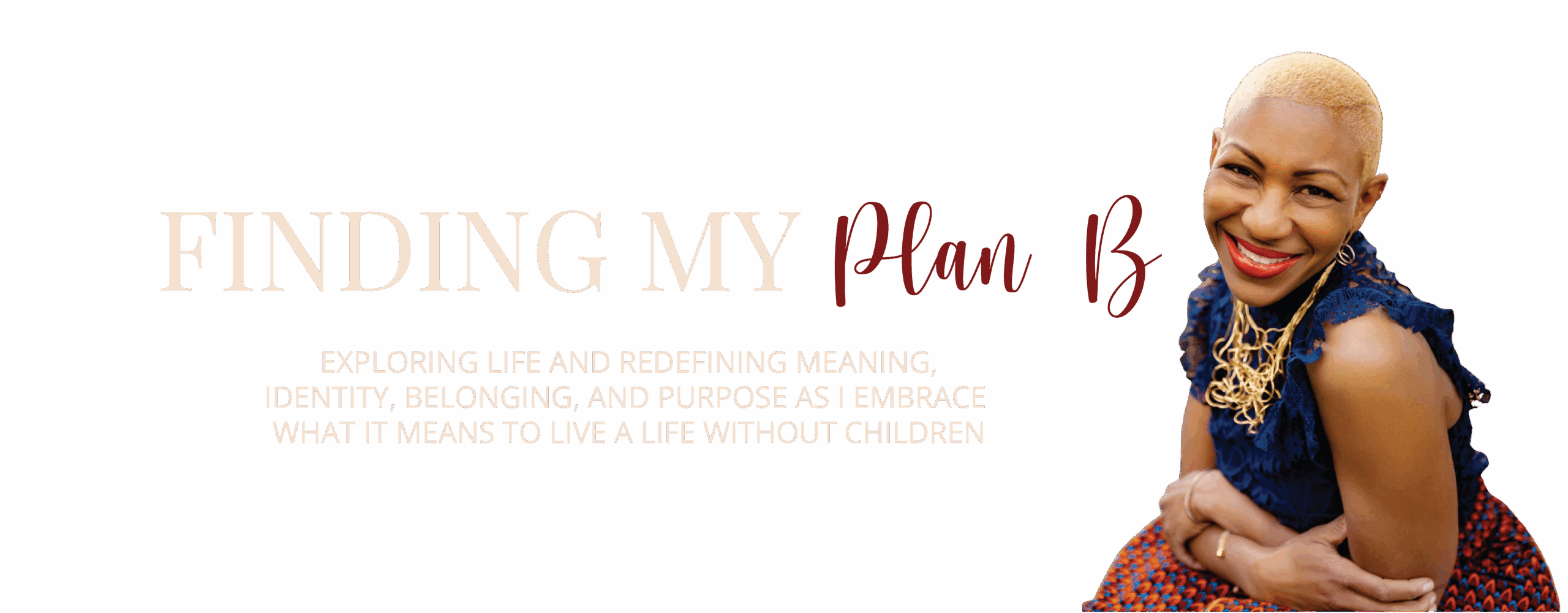I went to a lecture in London earlier this year that was presented by Professor Helen Milroy. Helen is a descendant of the Palyku people and talks about using art as a form of healing and about her research/ work around Aboriginal mental health that includes recovery from trauma and grief.
Reflecting on her experience, and the experiences of the other Aboriginal stories that she told, Helen mentioned that “unless you hear the stories and give some sense of validation the womb will remain open…” “…stories need to be heard in order for us to be understood…” Helen talked about the need to understand the cultural context around peoples stories and the need to strengthen cultural knowledge especially when children have lost their elders, their language, their generational stories and their culture.

Helen presented her observations from the experience of the Aboriginal community who have the tragic history of child kidnapping and ethnic cleansing (much like our history of slavery) to better the Australian race. As Helen spoke I found myself identifying with the generational trauma she was talking about. I felt like she was describing my experience as a black woman in the UK. My experiences of being seen as the angry black women , being dismissed and over looked because of my gender and/ or skin colour or being told that I’m being over sensitive (to what I perceived as a racist situation). Now I realise that not every white person is being intentionally racist towards me (or other black people) but when I think about the genetic memory that black people carry (as a result of slavery) I wonder what genetic memories white people carry that then impacts on their unconscious treatment of us being different to them???
I spoke to a white women recently (not that this is unusual for me) who relayed her experience of a black women (as she described it ) ‘playing the race card’ – I’ve been accused of playing the race card in my past – lets face it, what black person hasn’t? I have a tendency to reflect on conversations days after I’ve had them, and when I thought about this conversation I realized how dismissive the term ‘playing the race card’ can be. The term (which may actually be over used) can stop us from fully exploring the back-story to the situation where that person felt that ‘it’ was racist. If you think about Helen Milroy’s comment “…stories need to be heard in order for us to be understood…” especially regarding their cultural context you can see how we can miss the truth to someone’s situation especially when you take into account that transference (a situation where the feelings, desires, and expectations of one person are redirected and applied to another person) plays a part in our everyday interactions.
I understand how unjust it can feel to be accused of something that, for you, is just not true but unless we take the time and care to deal with our feelings (in our own time) we will not be able to listen to the story in front of us, we will not be able to validate that person’s experience. Without asking, how can you understand the cultural context around that persons experience that reminds them of their past in that present moment. Ok yes I realise that it also relies on emotional intelligence – from the person asking the question and the person providing the answers without blame or being in victim mode – but I hope that you get where I am coming from here???
“People need to be able to tell their stories so that they can move from surviving to thriving” and this means making a long-term investment and committing to listening and understanding. As Helen Milroy said in her talk “…bearing witness to someone’s pain is part of their healing too”.






Recent Comments